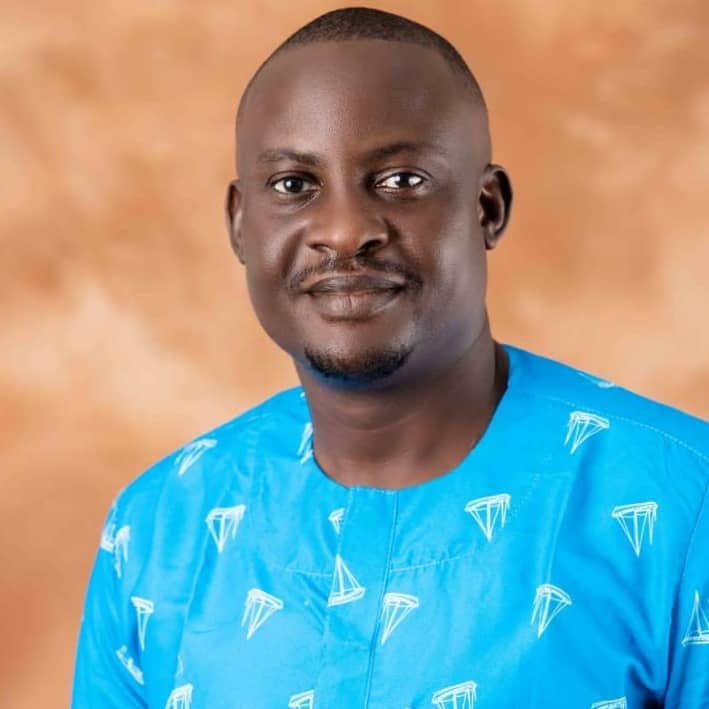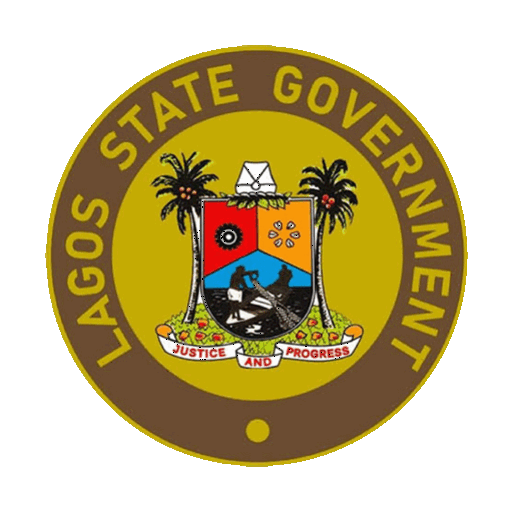
Beyond Recycling: Taiwo Adewole’s Blueprint for a Sustainable Nigeria.
Lagos, November 21st, 2024.
Taiwo Adewole, CEO of Taiwo Adewole and Associates Limited, is a pioneering figure in Nigeria’s green economy. Through his environmental sustainability consultancy and numerous recycling initiatives, including Waste Swap Recycling and Peaking Recycling Ventures. Adewole has established programs across Lagos and Osun states that are helping communities reimagine waste as a resource. In this interview, Adewole shares his story, the lessons he’s learned, and the opportunities awaiting those ready to join the recycling revolution in Nigeria.
1. Could you introduce yourself and tell us what inspired your path in the green economy?
I’m Taiwo Adewole, a graduate of Geography and Environmental Resources Management, and my journey began over two decades ago with a deep commitment to the environment. Studying geography opened my eyes to the intricate relationship between human activity and environmental sustainability. That academic foundation, combined with Nigeria’s pressing waste management challenges, inspired me to dedicate my career to creating solutions that benefit both the planet and our communities.
2. As CEO of Taiwo Adewole and Associates and co-founder of Waste Swap Recycling, what impact are you aiming to make?
My mission is to lead a shift from a linear to a circular economy in Nigeria, where waste isn’t just discarded but transformed into valuable resources. At Taiwo Adewole and Associates, we consult on sustainability strategies for companies and help establish recycling programs. With Waste Swap Recycling, our aim is to set up collection centers and educate communities on sustainable practices, showing every household and organization that they play a role in this new, circular vision of waste management.
3. How does your team work to turn this vision into reality?
We have a dedicated team of about ten individuals across various projects, all committed to achieving zero waste through creative solutions. Each member plays a role in advancing our mission to turn waste from a liability into an asset, whether through educating communities, establishing collection centers, or developing partnerships. It’s a collaborative effort that combines environmental science with community engagement.
4. If you had unlimited resources, would you continue in this field, and why?
Absolutely. Environmental sustainability has been part of my life since my university days, and it’s a calling I wouldn’t abandon. This isn’t just work for me; it’s a purpose-driven mission that feels more urgent with each passing year. The green economy offers endless avenues for innovation, and I’m inspired daily by the potential to make lasting, positive changes for our planet.
5. What challenges have you faced in building recycling programs, and how have these experiences shaped your approach?
The biggest hurdles have been a lack of education, limited infrastructure, and cultural attitudes towards waste. Many people still see recycling as an inconvenience. Overcoming this required patience and creative thinking, like providing incentives to encourage recycling. To address infrastructure gaps, we’ve brought recycling closer to communities with local drop-off points and school-based programs, making it easier for people to participate.
6. Can you share a success story where one of your initiatives made a difference in the community?
One memorable initiative was Recycle Points, which started over a decade ago. We established community recycling centers across Lagos—from Yaba to Ajah—and expanded to states like Delta and Osun. Seeing community members, including children and the elderly, engage with recycling was inspiring. Most recently, our Waste Swap Recycling project is bringing this same model to Osun State, replicating the impact we achieved in Lagos and creating real change in people’s lives.
7. How do you engage with communities and schools to build awareness and participation in sustainability?
Community engagement is essential. We collaborate with local governments, CDAs (Community Development Associations), and educational bodies to make recycling accessible and relevant. In schools, for example, we work closely with LAWMA and conduct hands-on demonstrations to show students the tangible benefits of recycling. This grassroots approach builds awareness and encourages lasting behavior changes, particularly among young people.
8. What advice would you give to young Nigerians interested in the green economy, and what opportunities are emerging in this field?
The green economy offers incredible potential. Globally, industries are moving from a linear to a circular model, and Nigeria is no exception. The rise of Environmental, Social, and Governance (ESG) standards means that every company, big or small, is looking to embrace sustainability. For young people, the recycling sector alone holds numerous opportunities—whether in waste management, consulting, or technology. My advice is to get involved, learn from mentors, and embrace this chance to be at the forefront of change.
9. Looking ahead, what are your main goals, and how can investors or partners support your vision?
My primary goal is to scale up our operations, from collection to production. For instance, turning recyclables like plastic bottles into finished products—from fabric fibers to new bottles—can create jobs and stimulate local economies. With more support, we could bridge infrastructure gaps and accelerate Nigeria’s transition to a fully circular economy. There is a tremendous market for sustainable products, and investors who are ready to support this vision will find ample opportunities for impact and profit.
10. What role do you hope your initiatives will play in the future of recycling and sustainability in Nigeria?
My hope is that recycling becomes second nature to every Nigerian household and organization. I envision a future where you won’t find recyclables on the street or in trash bins because people will have learned the value of sorting waste. By creating accessible recycling programs and instilling sustainable habits, our initiatives can help set the foundation for a cleaner, more resourceful Nigeria.


